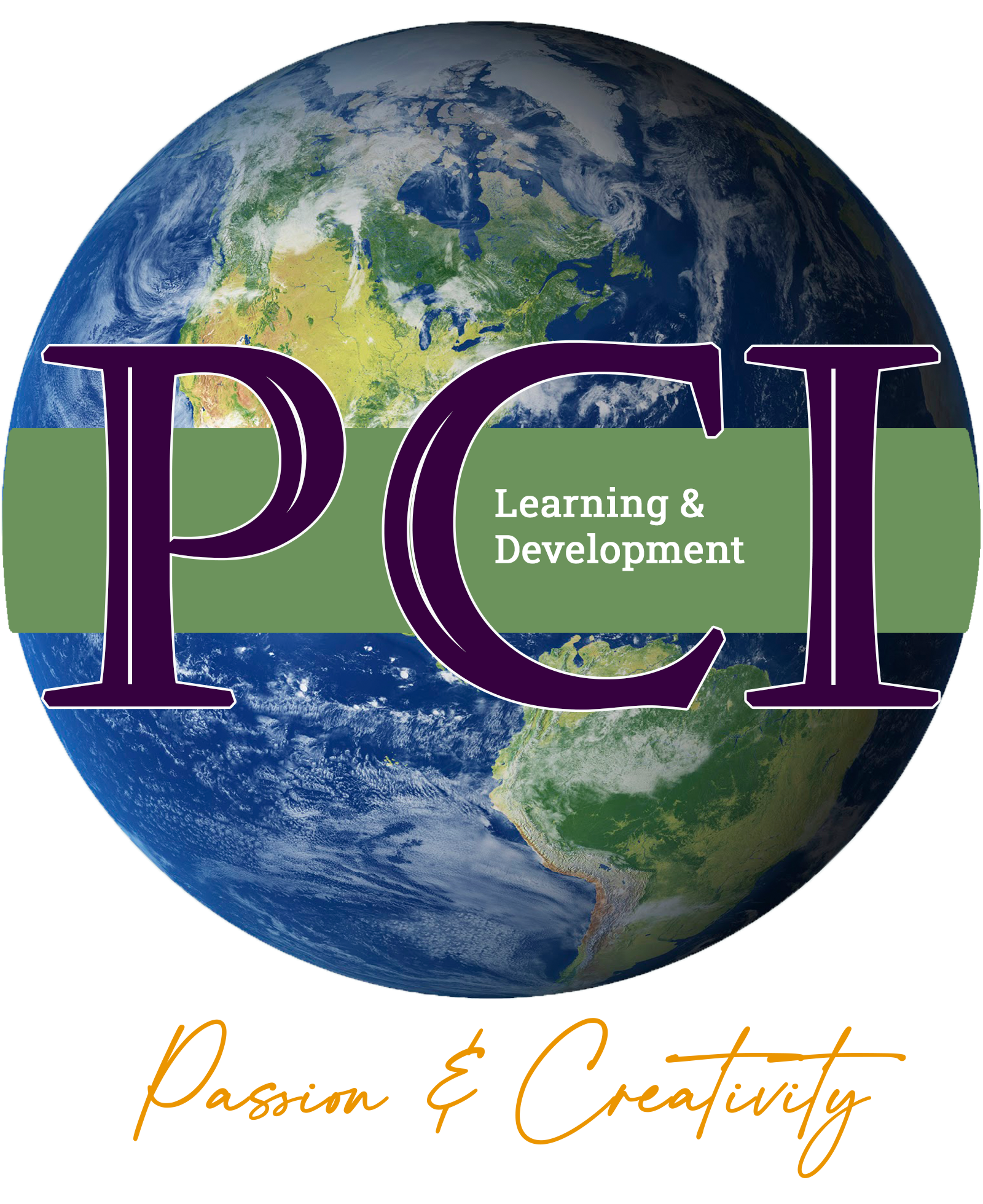Program Outline:
Day-1
Module 1: Phases in Contract: Contract Planning – Contract Award and Contract Administration -Kick off Meeting and Execution (Contract Administration) – why lawyers should be involved in all the three phases.
Module 2: Project Risk Register/ Procurement Risk Register: Lawyers fail to see these two documents when drafting contracts – thus missing out on the essence of drafting contracts from risk perspective.
Module 3: Scope of Work (SOW): why lawyers should be involved in drafting Scope of Work. (SOW) is the heart of a contract – when SOW is not written properly – your contract could invariably land up in Arbitration or litigation
Module 4: Indemnity Clause: In house lawyers are seldom involved in price negotiation (Price is often the prerogative of Finance Department -for instance, drafting indemnity clause without knowing if the indemnity cost has been loaded to the contract price- could be catastrophic.
Module 5: Types of Contracts: Fixed Price, lumpsum, turnkey – Cost plus, T & M, Unit item rate, which contract to choose based on risk and project requirement.
Module 6: Variation Clause: Best practices in writing variation clause. Why most variation clauses land up in dispute.
Module 7: Understand Commercial Terms in a Contract like: Letter of Tender, Letter of Acceptance, Letter of Award and Letter of Intent
Module 8: Mitigating Contractual Risk: Performance Guarantee/ ABG, Retention Guarantee, Tender /Bid Guarantee and Parent Company Guarantee
Module 9: CBA (Cost Benefit Analysis) and NPV (Net Present Value): why in- house lawyers should use these two methods as tools before initiating legal process and at the time of out of court settlement.
Module 10: Understanding Insurance in Commercial Contracts: Most in-house lawyers don’t read or have little access to their insurance contracts – reading insurance contract is the best way to learn Project Risk and see how risk is identified, assessed, mitigated by Insurance companies. In most cases lawyers don’t have access to Risk Management Plan.
CAR (Contractors All Risk Insurance), Contractors General Liability Insurance), Fidelity Insurance, D & O, Owners Risk Insurance, Business Continuity, Pollution, Transit Insurance – Professional Indemnity Insurance – Finally understanding the concept of deductibles and subrogation in Insurance Contracts
Day-2
Module 11: Building blocks Concepts: You will learn the fundamentals of drafting contract – how to convert a term sheet into contract.
Module 12: Drafting Risk allocation clauses in Contract: Liquidated Damages, Limitation of Liability, FME, Consequential loss, Negligence- Gross Negligence, Governing law – Assignment- Subrogation, Cumulative remedies and transaction cost.
Module 14: Legal Project Management: Legal Project Management is an emerging area for lawyers, lawyer who would want to effectively manage their legal department using project management tools. The course will also focus on “How to effectively communicating legal matters with Senior Management or Board of Directors”.
Module 15: Handling Complex Challenges and Risks in Contracts: Memorandum of understanding (MOU),Letter of Intent (LOI), • Confidentiality Agreement and Non-Disclosure Agreement (NDA)-Drafting MOU, LOI and NDA using international best practices.

